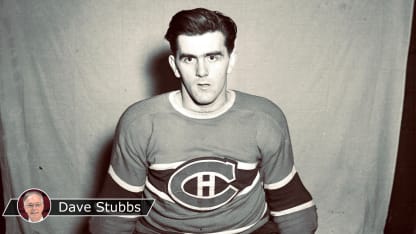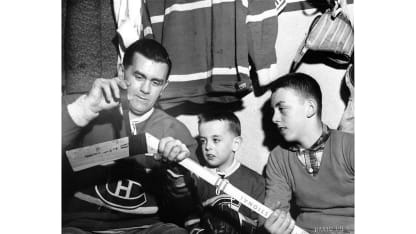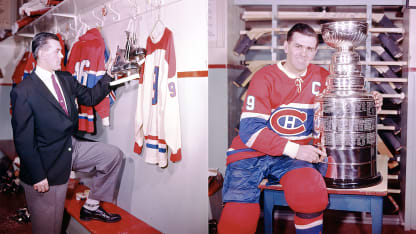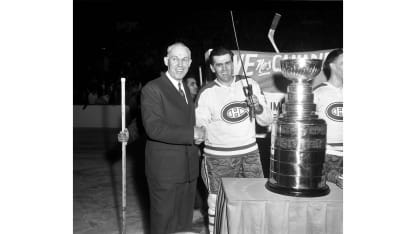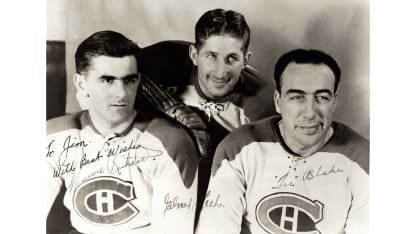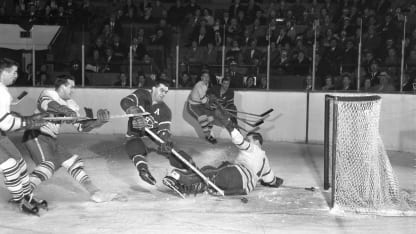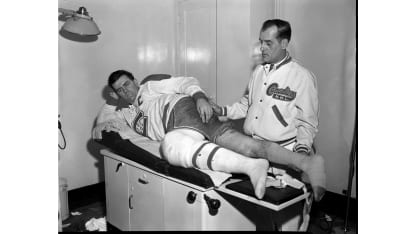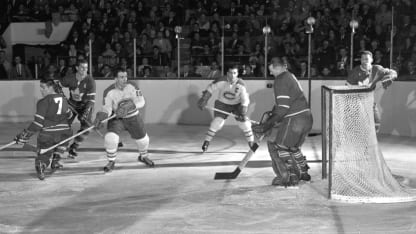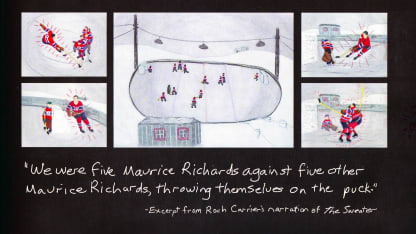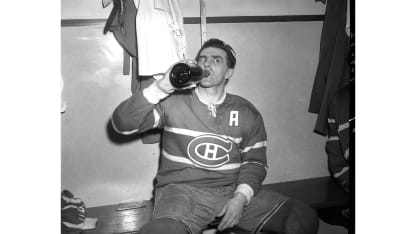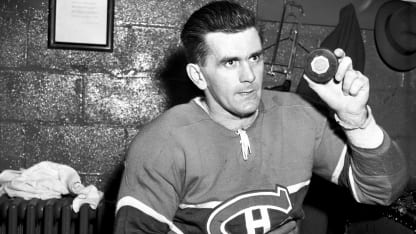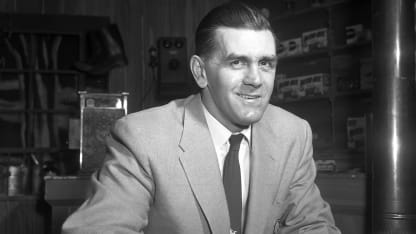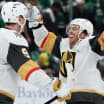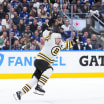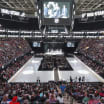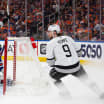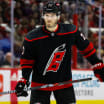On one skate and with forward Parker MacDonald's stick jammed in his collarbone, Canadiens' Maurice Richard is about to score on Maple Leafs goalie Harry Lumley during a 1954-55 game in Toronto.
"The Rocket was so strong; average size (5-foot-10, 170 pounds) but not average strength," he said. "He could literally push players off him. He took an awful lot of abuse. Teams did everything they could to try to stop him. He had quite a temper, there was no doubt about that. He was provoked a lot into a lot of his mischievous times in the League.
"Richard was a different player than anyone else, just the style he had. When he was on one skate, he never seemed to lose his balance. Toe told me on many occasions in the 1970s that there were four players during his life, dating back to the 1930s, who could pull a fan out of their seats:
Howie Morenz
, the Rocket,
Bobby Hull
and
Guy Lafleur
. Toe said, 'If you're a fan at a game, you'd be taken by those four.' "
As if carrying opponents on his back to the net wasn't weight enough for the Rocket, he also had to shoulder an entire province. In a politically charged time in Quebec, French-Canadians tired of being held down and marginalized by the English, he was made a figurehead, even a pawn, against his wishes, forever claiming, "I'm just a hockey player."
